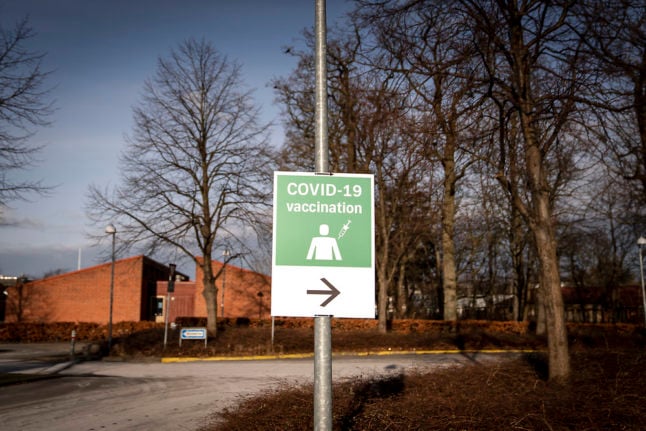That is because the vast majority of residents at the care homes have now been vaccinated against the coronavirus, the Danish national infectious disease agency State Serum Institute (SSI) has confirmed according to news wire Ritzau.
The first week of 2021 saw 81 deaths at care homes, a figure which reached zero by the ninth week of the year. Not since September has Denmark gone through a week without losing any elderly care home residents to the virus.
Care homes are also seeing a steep drop in the number of recorded cases of Covid-19.
Just a single case was registered last week, according to SSI. That compares to 464 in the first week of this year.
According to an SSI notification acquired by Ritzau, the infectious disease agency expects Denmark to reduce the number of coronavirus deaths by 81 percent once all people over 50 have been offered the vaccine. That stage is expected to be reached by June according to the current vaccination schedule.
An expert has previously said that the drop in cases and deaths in Denmark can only be attributed to vaccinations.
“When the fall-off is so extreme it is entirely clear that it is the vaccines that are making their mark now,” University of Copenhagen professor of immunology Jan Pravsgaard Christensen told broadcaster TV2.
Denmark began its Covid-19 vaccination programme on December 27th and currently expects to complete vaccinating its population by the end of July.
READ ALSO: Denmark to consider lifting coronavirus restrictions at care homes



 Please whitelist us to continue reading.
Please whitelist us to continue reading.
Member comments